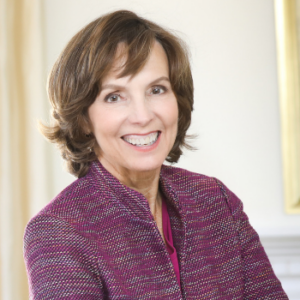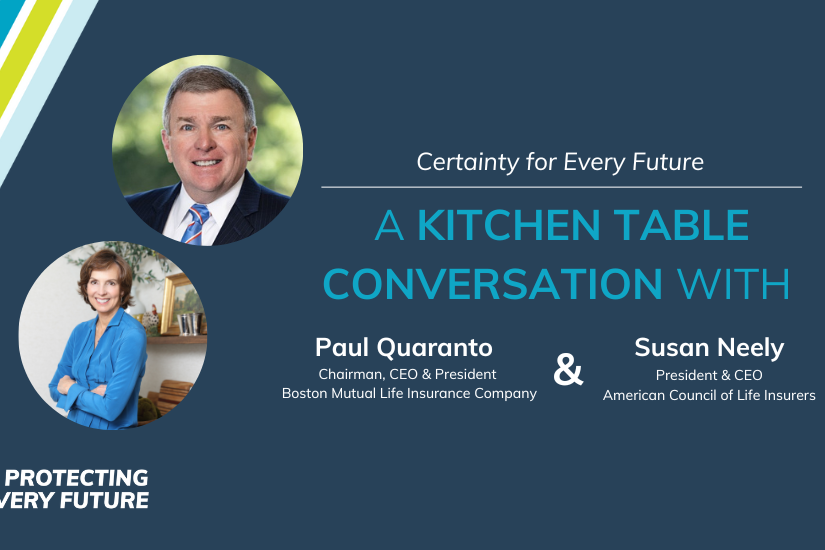What Happened To My Money?

If you hang around kids long enough, you’re bound to hear this phrase repeated glumly every August: “Summer vacation is almost over.”
Like it or not, millions of students across the nation will be headed back to school over the next few weeks. Many students will have access to adequate instruction concerning an essential building block for adulthood: personal finance. But many others will not.
According to the Council for Economic Education, 29 states require students to take a personal finance course to graduate from high school. That’s up eight states since 2020. But that still means students in more than 40 percent of our country aren’t required to master this critical subject. For many of these kids, “What happened to my money?” will become part of their regular vocabulary – and not just in August.
In today’s complicated world, financial literacy is indispensable. Students who took a financial literacy course have better average credit scores and lower debt delinquency rates as young adults, according to the Financial Industry Regulatory Authority’s Investor Education Foundation. And people with better financial education are more likely to save and plan for retirement, according to data from the TIAA Institute-GFLEC Personal Finance Index.
“We should have financial education programs in our high schools and our middle schools and our elementary schools. It starts there,” said Beth Goldsmith, financial professional from Lincoln, Neb.
Added Yvonne Burke, financial professional from Las Vegas, Nev.: “I think there’s a failure in our education system that they don’t teach an economics or a finance class in high school. I’m not even talking about college because if you majored in finance, fine. But you know, people these kids come out and they have no idea and then they start working, and they have no idea about savings.”
A lack of financial knowledge can perpetuate economic inequality. Researchers at the Wharton School found that more than one-third of financial inequality in the U.S. could be accounted for by the differences in financial literacy.
“Teaching it in schools, teaching at an early age, teaching kids how to save, how to invest, how to grow their money, how to build a foundation is important,“ said Kenyata Moore, financial professional from Indianapolis. “Because if we don’t teach children then as adults, they don’t learn either. And it just keeps this cycle going and going of people who are underserved and are never going to get out of that rat race.”
America’s life insurers are firmly committed to improving financial education so that all kids, especially those from underserved communities, have an equal opportunity to achieve financial certainty in life. That’s why we are deeply involved with Junior Achievement USA (JA) and its local chapters across the nation.
JA reaches reach more than 3.3 million students per year in all 50 states. Its programs empower young people to prepare for the future and make intelligent academic and economic decisions that will lead to financial security through retirement.
This year, the ACLI Capital Challenge road race raised $150,000 for JA. Through our long-standing partnership with JA, life insurers are helping to provide students with important personal finance life knowledge and skills. Together with the ongoing efforts to require a robust financial education curriculum in more states, we are helping more young people across the country achieve a secure path to financial certainty.
Kids will always wonder why summer vacation flies by so quickly. But by helping them better understand how to manage their money, they can succeed and prosper long after their final days in the classroom.





